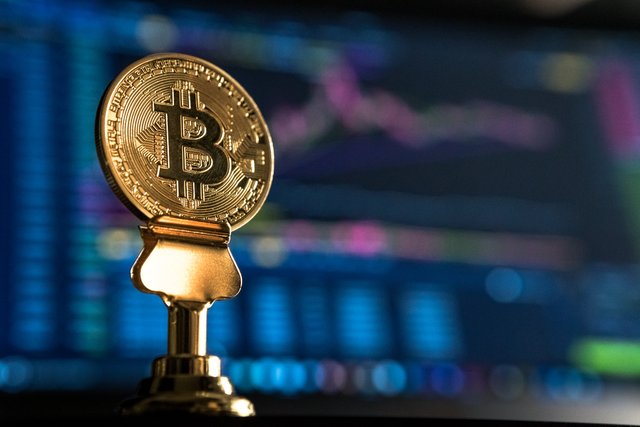How to Secure Your Cryptocurrency Wallet: Tips and Best Practices for Keeping Your Digital Assets Safe
Cryptocurrency has become a popular investment option for many people around the world. While the potential for high returns is appealing, it's important to keep in mind that cryptocurrency is also susceptible to theft and fraud. That's why it's crucial to take steps to secure your cryptocurrency wallet and keep your digital assets safe. Here are some tips and best practices to follow:

Choose a reputable wallet: The first step in securing your cryptocurrency is to choose a wallet that has a good reputation for security. Look for a wallet that offers two-factor authentication and strong encryption.
Use a strong password: Create a strong, unique password for your wallet and do not share it with anyone. Avoid using common passwords or ones that are easy to guess.
Enable two-factor authentication: Two-factor authentication (2FA) adds an extra layer of security to your wallet. This means that in addition to your password, you will need to enter a code that is sent to your phone or email in order to access your wallet.
Keep your software up to date: Make sure you are using the latest version of your wallet software, as updates often include security patches that can help protect against vulnerabilities.
Backup your wallet: Backing up your wallet is essential in case your device is lost, stolen or damaged. Make sure to store your backup in a safe and secure location, such as a hardware wallet or a secure cloud storage service.
Use a hardware wallet: A hardware wallet is a physical device that stores your cryptocurrency offline. It provides an added layer of security because it is not connected to the internet, making it less susceptible to hacking attempts.
Be cautious with public Wi-Fi: When using public Wi-Fi, be cautious when accessing your cryptocurrency wallet. Public Wi-Fi networks are often unsecured and can be easily compromised, putting your digital assets at risk.
Educate yourself: Stay informed about the latest security threats and best practices for securing your cryptocurrency. Research reputable sources and stay up to date on any news or developments in the industry.
In conclusion, securing your cryptocurrency wallet is crucial to keeping your digital assets safe. By following these tips and best practices, you can help protect against theft, fraud and other security threats.